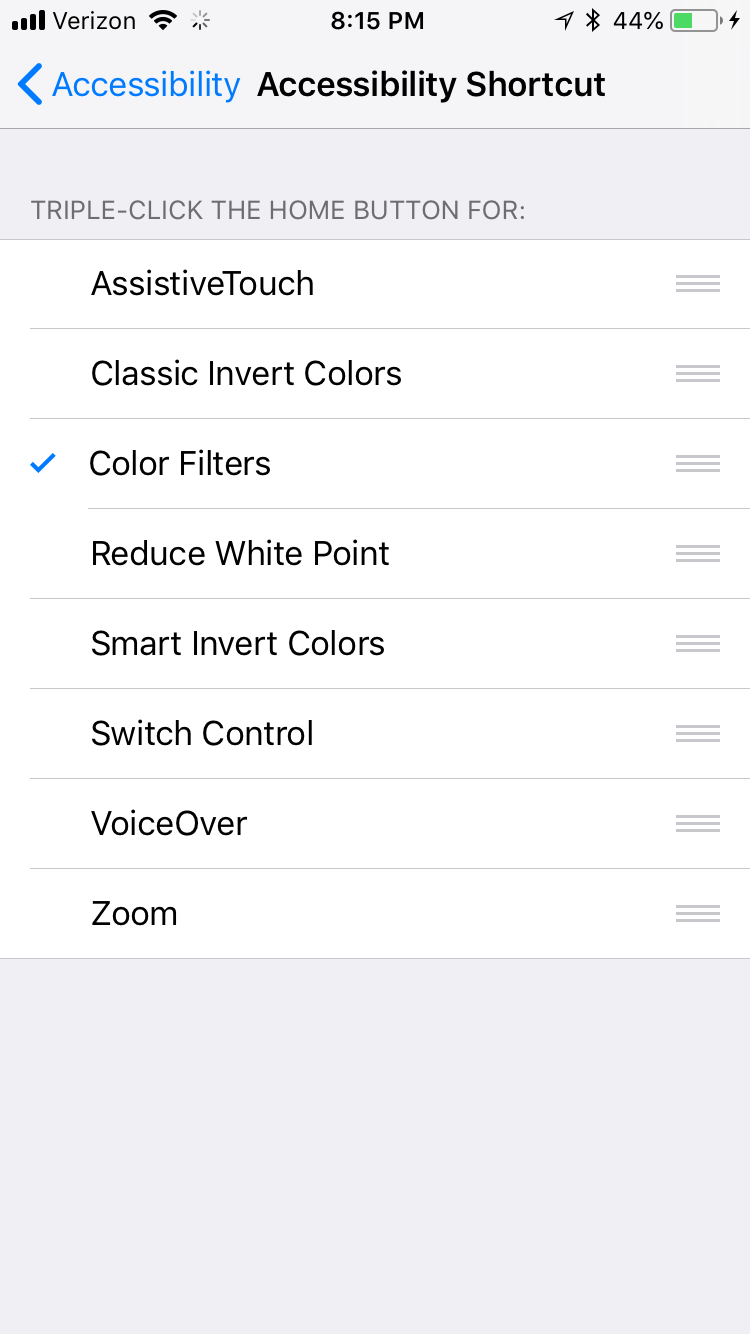"More companies die of indigestion than starvation." —David Packard
Article Highlights:
Focus is a critical ingredient for personal and professional success.
Distraction is the enemy of focus.
Smartphones are one of the greatest sources of workplace distraction.
Small changes in habits can have a profound impact on personal and professional focus.
Focus beats capital
Focus is the ultimate competitive advantage: an inspiring vision, cultural alignment throughout the org, clearly defined goals, and a strike zone everyone is aiming for. If your company doesn't have focus, no amount of capital will make your successful. Venture capitalist Bryce Roberts describes the phenomenon better than I:
This isn't a rant on smartphone addiction
Today's smartphones are perhaps the most impressive consumer product ever made. You have, at this moment, more access to information than the US President did 20 years ago. Insane! Smartphone technology has unleashed unprecedented connections, convenience and creativity.
Smartphones at work
But at the same time, perhaps you've noticed a coworker checking their smartphone at work. I'm certainly guilty of this. And why not? Today's knowledge workers are blessed with near limitless information and options {*cough* checking Instagram}.
Digital distraction
The average person checks their smart phone 75-100 times per day (conservatively). Today's workers are barraged with inbound texts, pings, and notifications. The tradeoff? Our focus.
I'm what you might call a "conscious" smartphone user—I try to think about the intent and tradeoffs—and below is my cell phone usage over the last few months. On average, I check my phone 39 times a day and spend 2:32 hours on my iPhone each day (mostly during the workday: 9-11am and 2-4pm). At work, I'm on my phone about ~20% of the work day.
How to break the cycle
In order to personally reduce smartphone consumption and increase focus, I started experimenting. After trying dozens of "productivity hacks," below are the 3 habits/changes that had the biggest impact and had staying power:
1. Switching to grey scale
The iPhone's neon color palette is visual heroine. Enable the option to turn it off. Kudos to Alex Timmons for this tip (and also Chris Escher). Here's how to do it on an iPhone (Apple makes it quite difficult): Settings > General > Accessibility > Accessibility Shortcut > Color Filters
2. Pull instead of push
A smartphone is a resource. A tool. You should engage it (pull) more than it engages you (push). A good rule of thumb is to turn off notifications from machines (not humans). Social media will likely be the worst offender. If it's automated, you likely don't need it. Exceptions: calendar reminders can be helpful.
Set aside 5-10 minutes to control how and when your smartphone notifies you:
3. Buy an alarm clock
When I realized I was starting and ending my day like a glow-faced zombie, I decided to buy an old-school alarm clock. It has made a *world* of difference. Of the three habits/changes, buying an alarm clock has had the biggest impact: peace of mind, morning reflection, more time with my lady. Everything is better. Don't use your smartphone as an alarm clock. Take that time back.
Other resources: https://www.helpguide.org/articles/addictions/smartphone-addiction.htm
![Ready. . . Aim. . . [check smartphone]](https://images.squarespace-cdn.com/content/v1/55dbfccee4b08731143170b6/1527214735848-JXL81VT0W8FJJ03L6M5J/smart+phone.jpg)








